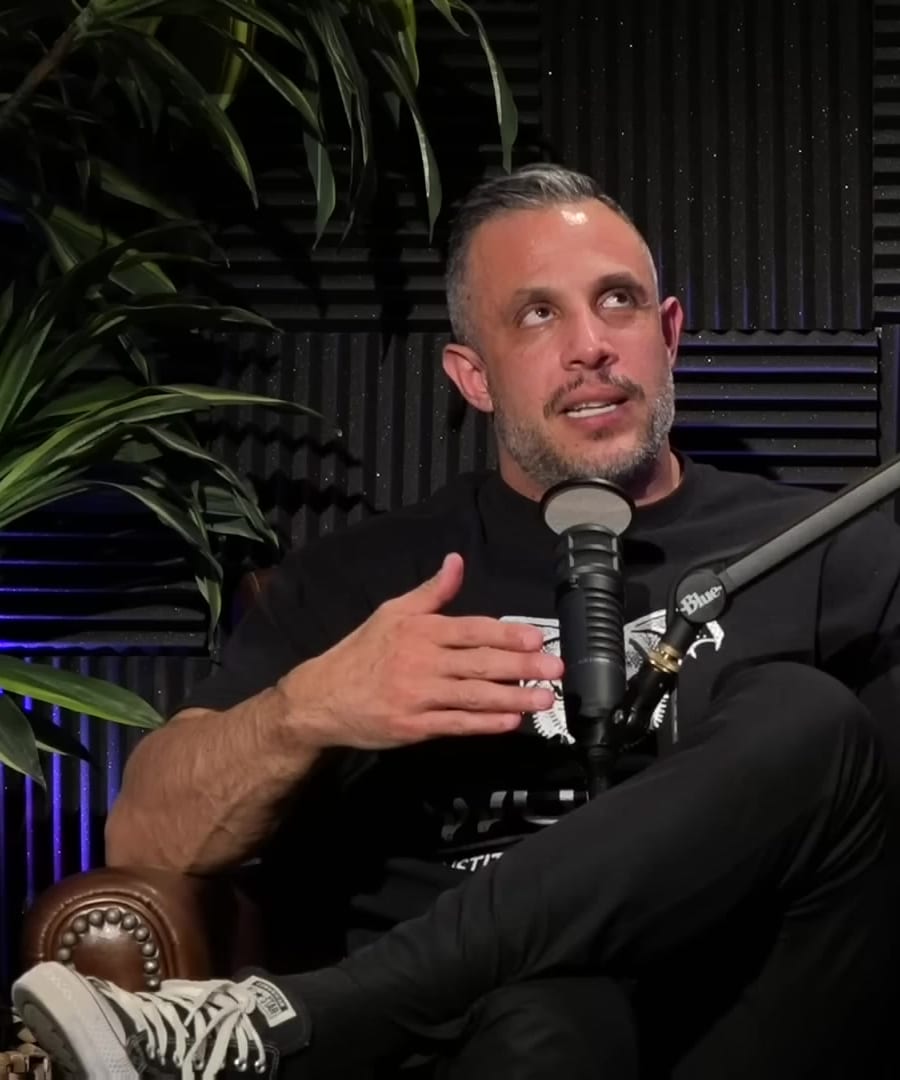Fake Lives
Sources:
The concept of "Fake Lives" often relates to the conflict between authentic self-expression and adopting fake personas for social acceptance or success. Several experts discuss different facets of this issue:
-
Tej Dosa differentiates between real and fake "wins" in life, arguing that true victories involve genuine self-expression and growth, while superficial achievements, such as viral content or financial gains unattached to personal fulfillment, are temporary and inconsequential after life ends 1.
-
Sal Di Stefano criticizes the trend of "fake authenticity" on social media, where personas are created and maintained for validation and popularity, leading to internal conflict and dissatisfaction when the real self is disconnected from the public image 2.
-
Stephen West from the underscores how societal focus on appearances rather than substance pervades many aspects of life, including politics and professional environments. This emphasis on how things look over what they truly are can extend into personal identities crafted for social media platforms, creating a dissonance between one's real and portrayed selves 3.
-
Dr. Michael Gervais, in a conversation with , advocates for embracing one’s true feelings and working through them rather than adopting the "fake it till you make it" approach, which often leads to a fragile self-concept that can easily shatter under pressure 4.
-
Robert Greene discusses the inevitability of social masks and how they harden over time, urging self-awareness to recognize and navigate these imposed roles without losing the sense of one’s true self 5.
These discussions suggest that while adopting a façade may offer short-term benefits, long-term fulfillment and psychological well-being are better served by embracing and expressing one's true self.
RELATED QUESTIONS-
